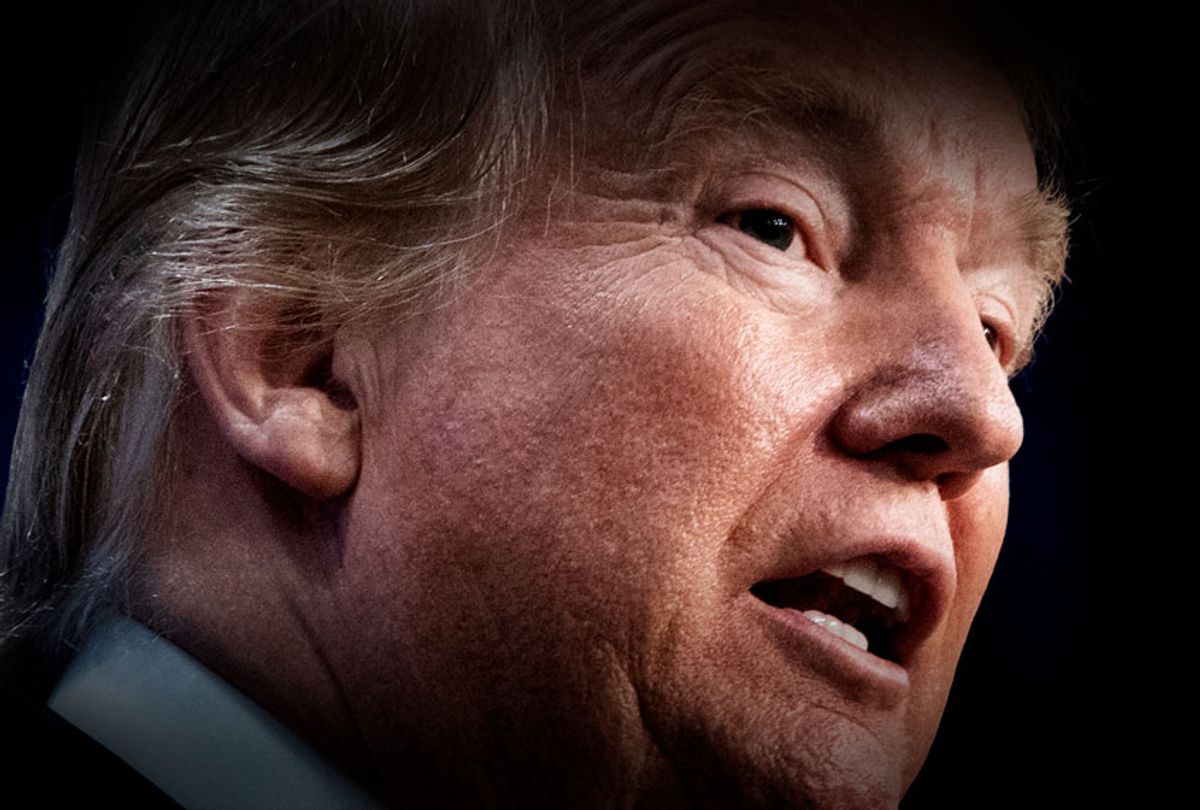The 35-page dossier that purported to outline Russian interference in the election and the Trump campaign’s alleged role in that interference is facing renewed scrutiny following the release of special counsel Robert Mueller’s report, according to the New York Times.
Reporters Scott Shane, Adam Goldman and Matthew Rosenberg note that the Steele dossier “sketched out a hair-raising story” in which the Kremlin allegedly “was running some Trump campaign aides practically as agents.” And now, they report, Republicans in Congress have vowed to investigate the dossier—which, the Times’ article stresses, made excessive claims.
Steele, who has stressed that he considered the dossier to be based on raw intelligence rather than established facts, declined to be interviewed for the Times’ article. But the Times interviewed some anonymous sources familiar with the events surrounding the dossier, which according to the Times, “ended up loaded with dubious or exaggerated details,” although it “remains uncertain” how that happened.
One possibility, the Times report says, is that Steele’s dossier contained “Russian disinformation”—and that “in addition to carrying out an effective attack on the Clinton campaign,” Russians “hedged their bets and placed a few land mines under Mr. Trump’s presidency as well.” Oleg D. Kalugin, a former KGB agent now living near Washington, D.C., believes that Russian disinformation against Trump is a possibility and told the Times, “Russia has huge experience in spreading false information.”
The Times also spoke to Joshua A. Levy, an attorney for the firm Fusion GPS (which commissioned Steele’s dossier). Levy told the Times that Mueller’s investigation substantiated the “core reporting” in Steele’s memos, and that included the allegation that “Trump campaign figures were secretly meeting Kremlin figures” and that Russian President Vladimir Putin directed “a covert operation to elect Donald J. Trump.”
The Times reports that during the 2016 election, Fusion GPS was employed not only by Democrats, but also, by Republicans. At first, according to the Times, Fusion GPS was paid by the conservative Washington Beacon “to scrutinize Mr. Trump, with the evident goal of uncovering dirt to help his Republican primary opponents.” But after Trump appeared to be the likely GOP presidential nominee, Fusion’s efforts were funded by the Clinton campaign.




Shares